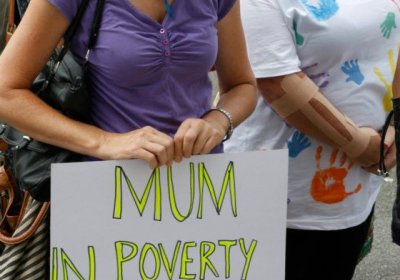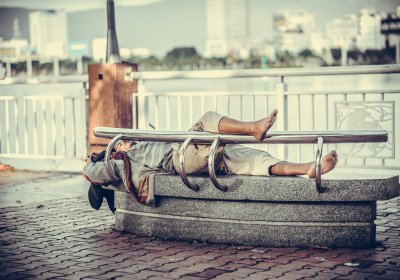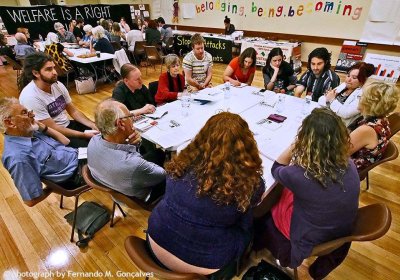The grassroots campaign to increase welfare payments for the unemployed received a boost on June 12 from the national body that represents councils across Australia.
The Australian Local Government Association (ALGA) overwhelmingly voted in support of a motion calling on the federal government to increase the Newstart Allowance, the Centrelink payment for unemployed people.











